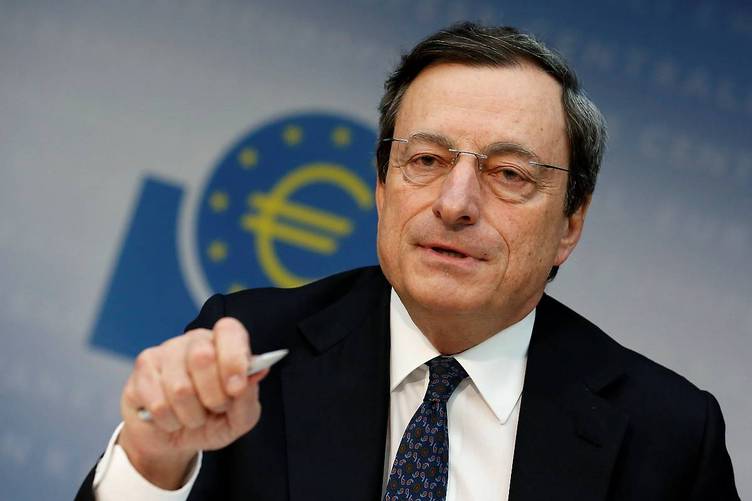Draghi: raise now the price of money would be bad for the economy

In an interview with Bild, Mario Draghi spoke of the lack of inflation in the euro, the impact of low interest rates on savers – in particular to be angry are those Germans – the age-old problem of the greek debt and referendum on Brexit, scheduled for June 23.
The journalist who asked how a central banker Italian, that the Germans feared could trigger inflation too high, can not stimulate consumer prices, Draghi said that in Germany can rest assured that the ECB is doing everything possible to bring inflation to the desired levels, around 2%. "Interest rates are low because growth is low and inflation is too low. Think about what would be the alternative: if we increase the time cost of money, what would be bad for the economy and result in deflation, unemployment and a new recession. "
The returns come from growth, Draghi explained, "so it is in the interest of investors that growth becomes more robust and that inflation will stabilize." Regarding the complaints of the Germans who consider Germany the country most affected by this situation, Draghi noted that there are alternative investments and that for example the US has had to go through a very long period of zero rates, lasted seven years.
"The financial and insurance system has continued to function. The money was invested in so many other ways, which ultimately made it possible to get decent investment returns ". To close the interview BCE President wanted to send a warning to the British people in view of the vote: "I do not want to believe that will prefer to go out by the European Union, we are stronger when united. But if they do one thing is certain: they will lose all the benefits of the single market ".

